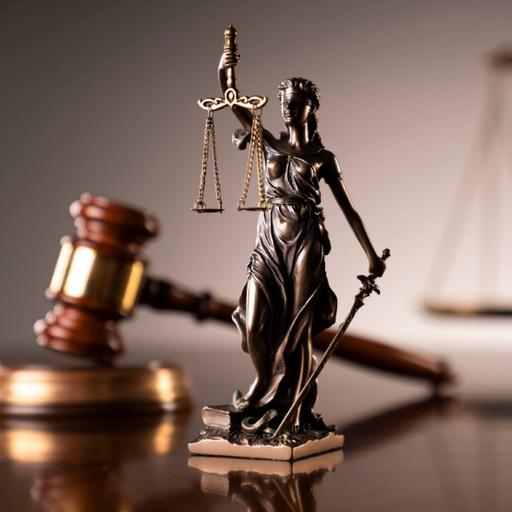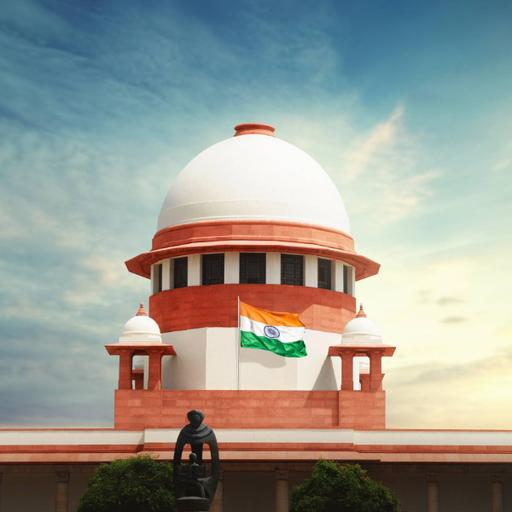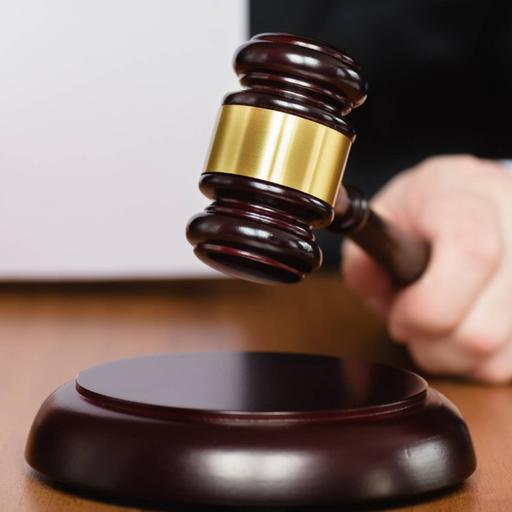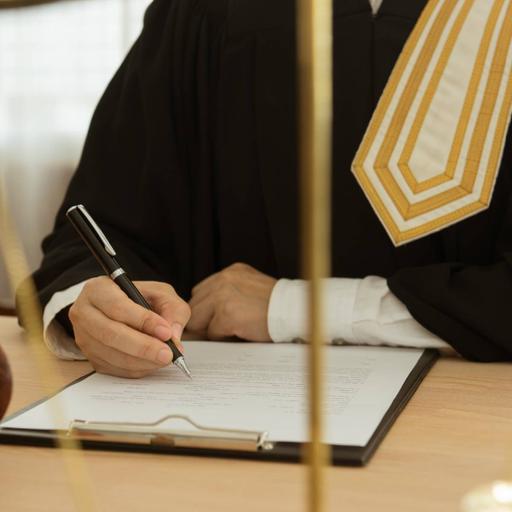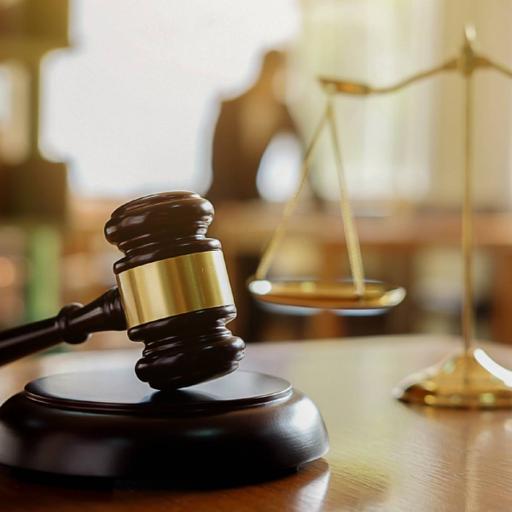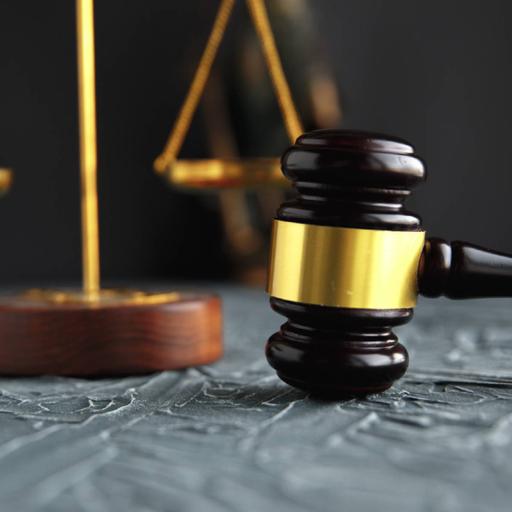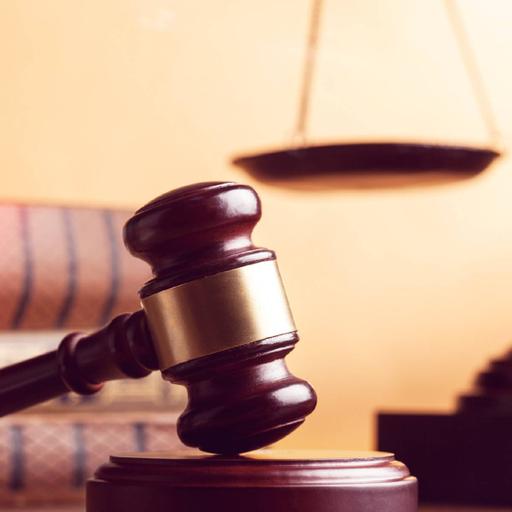Judiciary
The judiciary is the government's third branch. It is responsible for enforcing the laws in specific circumstances and resolving any disputes. The true meaning of law' is determined by the judges as they render their decisions in diverse instances. The judiciary is the most important instrument of the government in the eyes of citizens because it protects them from the legislative and executive branches' potential excesses. The role of the judiciary as the defender and protector of the constitution and the people's fundamental rights gives it greater respect than the other two organs. Judicial independence is the most important trait that aids the judiciary in faithfully administering justice and efficiently performing its tasks. It's only when the judicial system functions that things get better. The judiciary can only carry out its lofty obligations when it operates independently of the other two government branches. Only when the judiciary is free to administer justice in accordance with the law can it fulfil its duties. It will never be able to fulfil its objective unless it is well-organized and self-sufficient. As a result, the judiciary must be organised in such a way that judges can make decisions without fear or favour.
